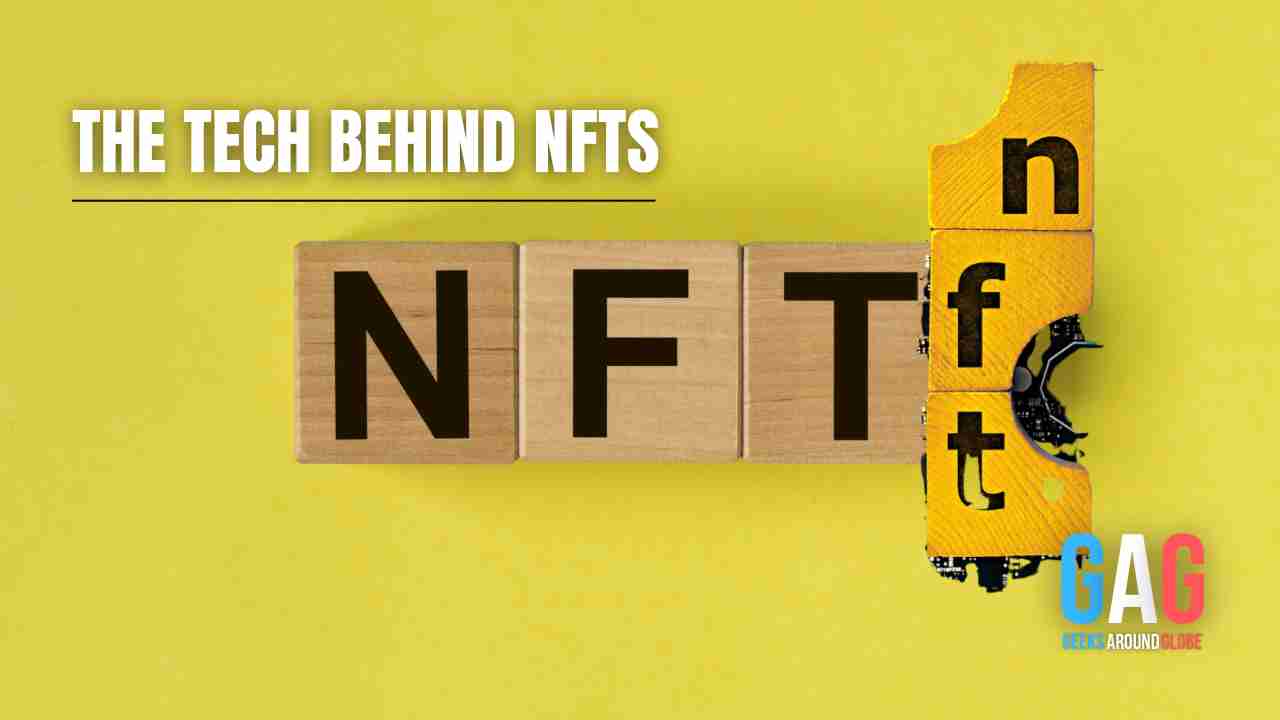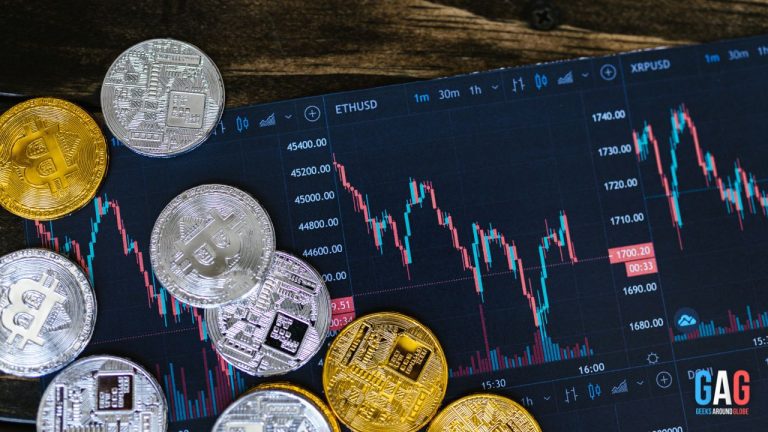Crypto Trading: Navigating Between Broker and Exchange
In the expansive world of cryptocurrency trading, newcomers and veterans alike are often faced with a pivotal choice: should they use a broker or a cryptocurrency exchange? Both avenues have their own merits and intricacies, so let’s delve deeper into their unique features and what they offer to traders. An expert from WL Global delves deeper into the Cryptocurrency Exchanges VS Brokers opposition.
Understanding Cryptocurrency Exchanges
- Role: A cryptocurrency exchange acts as a facilitator, connecting buyers and sellers. It’s the bridge that allows traders to swap their cryptocurrencies or fiat currencies, charging a service fee for each transaction.
- Use Cases: Perfect for those who wish to purchase crypto using fiat money like USD, EUR, or GBP, or for those wanting to trade one cryptocurrency for another, such as exchanging Bitcoin for Ethereum.
- Audience: Exchanges cater largely to investors with a focus on mid to long-term holding strategies. They’re suitable for those who want to purchase cryptocurrencies and transfer them to private, secure wallets for future gains.
- Registration Variability: The onboarding process on exchanges can differ widely. Some platforms allow traders to start with just an email, while others demand comprehensive KYC checks.
Understanding Cryptocurrency Brokers
- Function: A broker acts as an intermediary between the trader and the larger market. Instead of direct trading, traders work with assets and pairs the broker offers, often with added flexibility.
- Trading Flexibility: With a broker, traders have the advantage of not being bound by their initial deposits. For instance, they can deposit Bitcoin but engage in trades involving Ethereum and other altcoins without direct conversions.
- Target Demographic: Brokers appeal primarily to speculative investors and day-traders. With options for complex trades, margin trading, and other tools, brokers serve those looking to capitalize on short-term market movements.
- Regulatory Adherence: Due to the nature of their business and the substantial sums involved, brokers are often subject to stricter regulatory standards. This ensures an added layer of protection for traders.
Key Distinctions to Note
- Security Paradigm: Brokers generally have an edge in terms of security, particularly when handling significant volumes. Their regulatory compliance ensures safeguards against potential threats.
- Liquidity Metrics: Brokers often have an edge in terms of liquidity, ensuring smoother trades even for large volumes. This contrasts with some exchanges which might face liquidity constraints.
- Purpose & Usage: Brokers are the go-to for seasoned traders aiming for short-term profits through advanced trading mechanisms. Exchanges, conversely, are preferred by long-term believers in crypto’s potential.
- Toolkits for Traders: While exchanges offer the allure of a vast array of cryptocurrencies, brokers counter with sophisticated trading tools and platforms designed to aid decision-making for professional traders.
The Financials: Fees & Transactions
- Exchanges: They often have a tiered fee structure, with charges for trading, depositing, and withdrawing. Those opting to deposit in fiat currency might face additional costs, and it’s crucial to be wary of the associated withdrawal fees.
- Brokers: They usually offer diverse deposit avenues, from bank transfers to e-wallets, often with zero deposit fees. Their withdrawal fees are competitive, often undercutting those of exchanges.
Onboarding: Registration and Verification
- Exchanges: They range from ultra-simplified registration processes to exhaustive verifications, especially if they deal with fiat currencies.
- Brokers: Generally, they have a standardized, efficient verification process. While it might require comprehensive documentation, once completed, traders can jump into action swiftly.
In Conclusion
The decision between a broker and an exchange is shaped by individual trading goals, volumes, and preferences. Brokers, with their robust platforms, are tailored for serious, short-term traders, while exchanges appeal to the broader crypto community, especially long-term holders.
As you chart your crypto journey, remember to prioritize safety and research.







